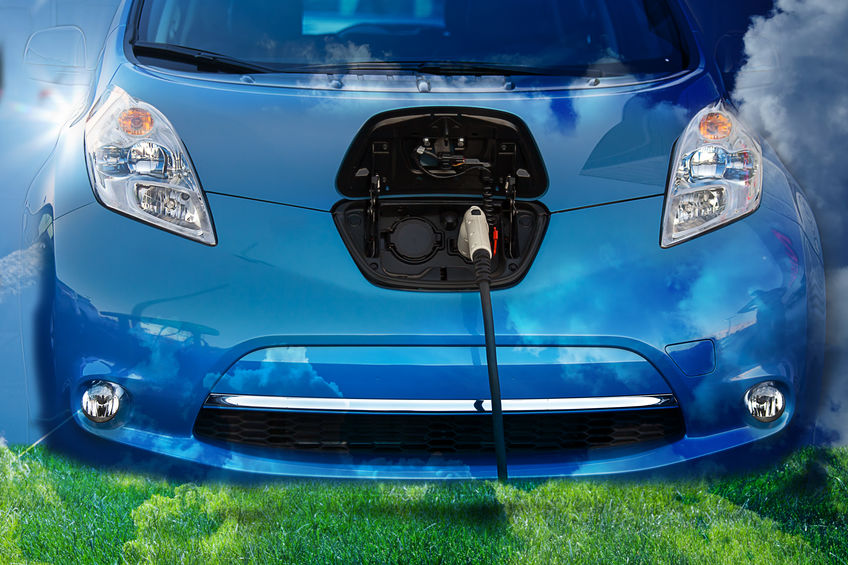BMW CEO Oliver Zipse has a two-word message for those demanding an all-electric vehicle fleet and the outlawing of internal combustion engines. “Slow Down!”
We would add three more. End. The. Mandates.
Zipse, noting that IC engines power the large majority of vehicles on the road today, says that ditching them willy-nilly will not have a positive impact on the environment. Worse, failing to give the presumed transition from IC engines to electric vehicles “a chance to develop with the markets” (by imposing mandates) will harm national economies and be a societal disruptor.
Society surely is not ready to abandon the freedoms that come with IC engines that are not yet present for EVs. And the EV universe has a lot to learn before claiming it can move nations as efficiently and effectively as the IC has done for the past century.
EV charging stations, we now know, are fast becoming targets when placed in unattended locations. Tesla reports that stations in Utah and California have been vandalized by thieves likely wanting to harvest the copper charging cables. Stealing gas pumps is quite rare.
Charging station etiquette is also in its infancy. Do you have the right to uncouple an unattended vehicle from a charging port to charge your own vehicle? Maybe if the charger is free, but what if this results in one person paying for another’s charge? Road rage, anyone?
The Week national correspondent Ryan Cooper asserts that the societal transformation to EVs will not be that great unless American cities “take advantage of the broader benefits of electrification.” One thing needing immediate correction, he argues, is that “most of the popular electric vehicles today are offensively overpowered.” He also fears that the “cheaper to drive” EVs will prompt increases in vehicle miles driven and hence more congestion!
Cooper advocates instead for electric bicycles, which he says “have an even more revolutionary potential than electric cars and at a tiny fraction of the material footprint.” While admitting that bicycle riding is “incredibly dangerous” in most of the U.S. (not to mention a very slow way to cross the Rockies, or even the hills of Austin and San Francisco), Cooper believes e-bikes could be a game changer for commuting, shopping, or even “quite significant cargo trips.”
In Cooper’s ideal society, American cities would “pivot away from the obsessive hyper-fixation on driving that has turned so much of our built environment into a hideous, inefficient, dangerous nightmare” to one in which cars are just one transportation option among many. Alas, he fears, the EV “revolution” might end up as “a mere electrified version of our current sprawling death machine.”
The naivete of Cooper’s vision is exemplified in his comment that EVs will also have the political benefit of getting rid of gas price anxiety and ending wars for oil. In a prior article, he cited the Biden oil price increases as “proof” that oil prices fluctuate wildly while boasting that electric companies are bound by long-term rates that cannot be easily changed.
Of course, in reality, the price of electricity fluctuates wildly from state to state. Hawaii, which has the nation’s highest rate (at 33.97 cents per kilowatt-hour in November 2021), also had the fastest rising rate (up 18 percent from a year earlier) hydroelectric dams kept Washington state with the cheapest energy (at just 10.22 cents/kWh).
The U.S. Energy Information Agency explains that extreme temperatures increase demand for heating or cooling, which often leads to higher fuel and electricity prices. “When there are droughts or competing demand for water resources, or which wind speeds drop, the loss of electricity generation … can put upward pressure on … prices.” And during blackouts, the price of electricity is irrelevant – you just “ain’t goin’ nowhere.”
While lamenting that even EVs generate massive resource consumption, Cooper seems to miss the connection to global geopolitics that emanates from the drive by China to corner the market on rare-earth metals while ignoring the West’s mad dash to stop using fossil fuels.
Oil and natural gas are plentiful and easy to extract, process, and bring to market compared to lithium, cobalt, and even copper. But perhaps utopians cannot imagine wars over natural resources other than fossil fuels.
Back in the real world, BMW is both developing an all-new electric-centric platform called Neue Klasse and working on an entirely new generation of IC engines, including gasoline and diesel six- and eight-cylinder powertrains that will be far more efficient than their older models. Consumer choice, after all, drives the market.
As does technology. For example, a tiny Kansas-based company called Astron Aerospace has just announced its Omega 1 rotary engine. The company says their new engine is “designed to give internal combustion a new lease on life and increasing curbs on fossil fuel consumption.” The Omega 1 is designed to work with a variety of fuels while producing “extremely low to zero harmful emissions.”
Much like the old Mazda Wankel engine, the Omega 1 does not feature an offset crankshaft, eccentric shaft, or reciprocating pistons. But unlike the Wankel engine, it has a prechamber connected to a pair of chambers that separate cold intake air from exhaust gas, removing the issue of exhaust gas overlap.
This, says the company, makes the Omega 1 the world’s first engine with an active linear power transfer. As the engine rotates, all power is transferred via the single rotating power shaft. The result is a new, smaller, yet more powerful, engine that uses far less fuel and “will produce significantly less greenhouse gases while improving torque and power.”
Of course, this revolutionary technology will be illegal in California and other states that have banned IC engines and thus choked the market. The Omega 1 demonstrates the folly of limiting human ingenuity and our ability to find better solutions than the ones governments want to set in stone as “settled science.”
End. The. Mandates. Now!
